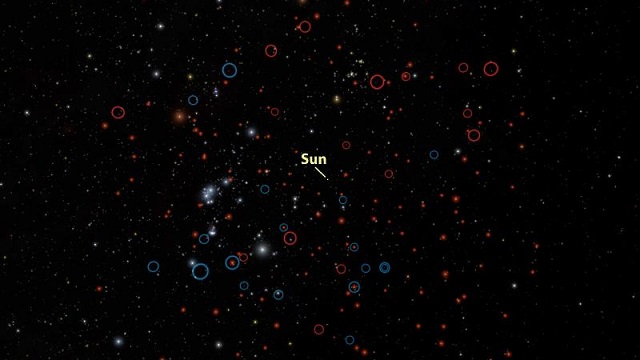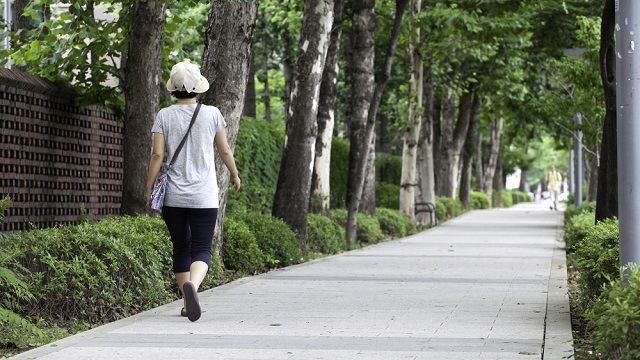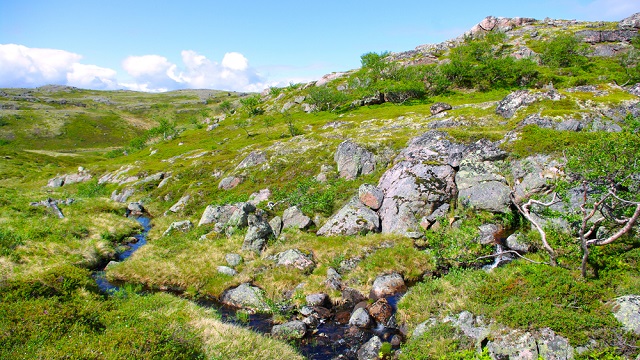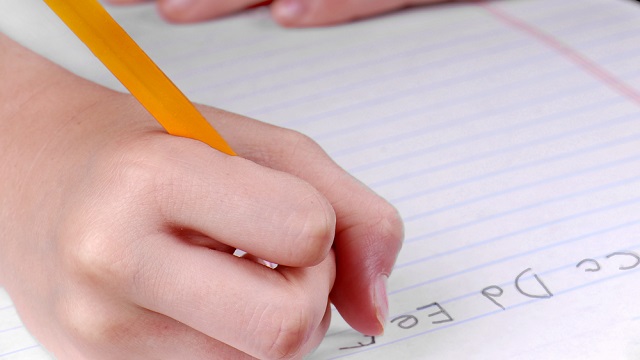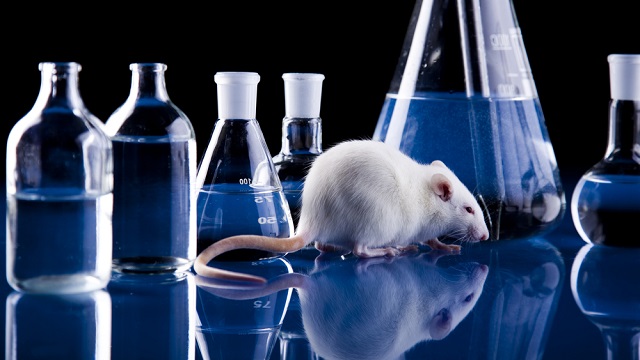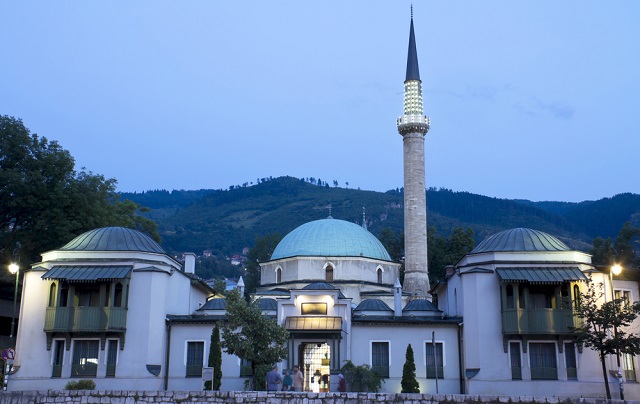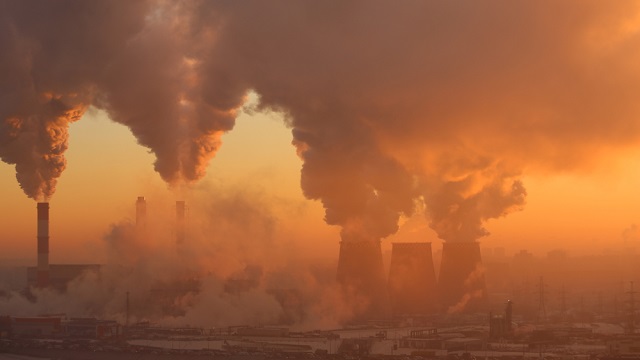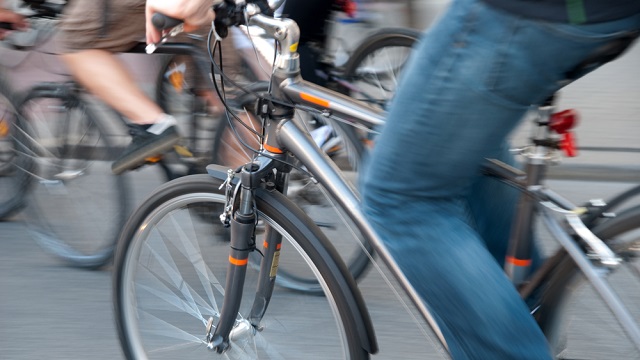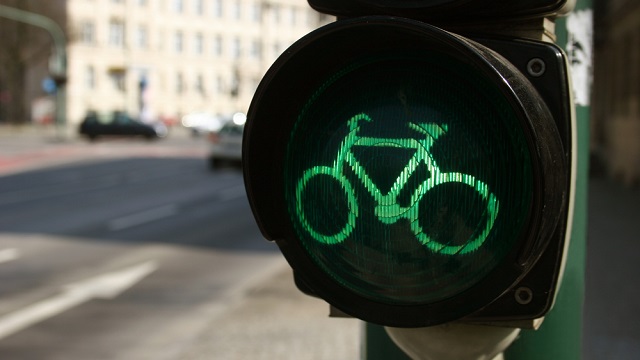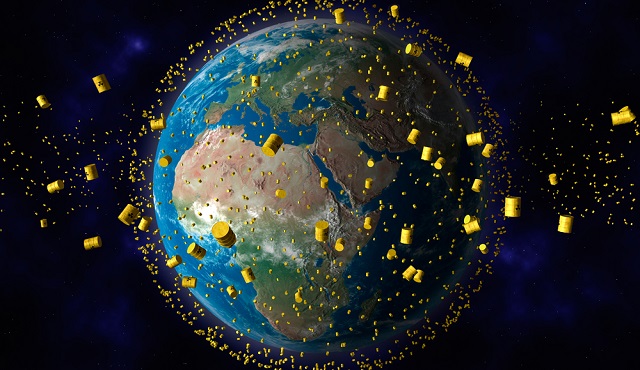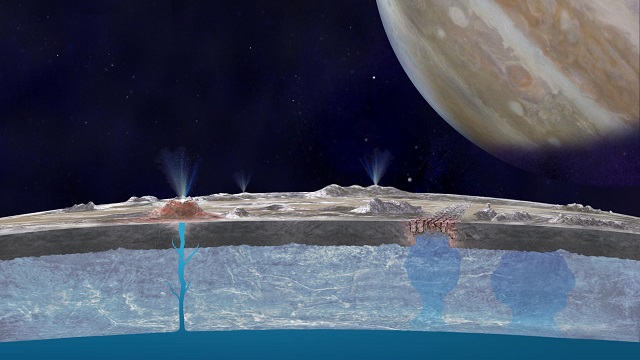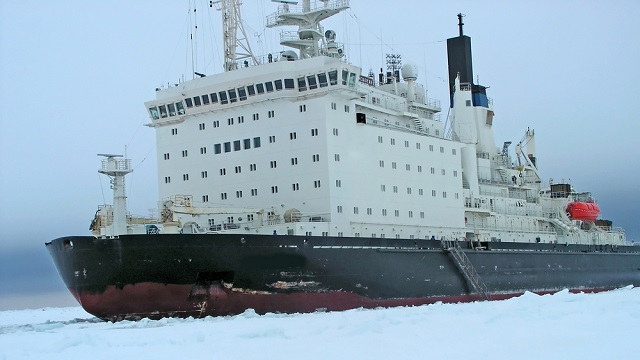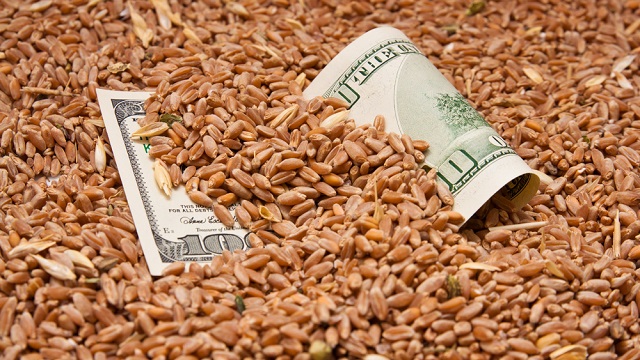Kecia Lynn
Kecia Lynn has worked as a technical writer, editor, software developer, arts administrator, summer camp director, and television host. A graduate of Case Western Reserve University and the Iowa Writers' Workshop, she is currently living in Iowa City and working on her first novel.
It’s the closest star system found in almost a century, and will hopefully serve as “an excellent hunting ground for planets” and a possible destination for a future manned mission.
US Forest Service researcher David Nowak is heading up a project that calculates, among other things, the amount of carbon stored, the amount of particulates removed, and its effect on a city’s heating and cooling costs.
Scientists are hoping that some of 3,000-plus possible exoplanets discovered by NASA’s Kepler mission have moons that exist outside a circumplanetary “habitable edge.”
Not quite yet…but a new study provides proof that global warming is extending the growing season in the upper Northern Hemisphere, making some areas greener than they have been in (literally) ages.
It could mean an end to rising energy costs caused in part by the almost-complete shutdown of the country’s nuclear energy program. However, its effects on the environment are still unknown.
The 5 Point Cafe, located near the Space Needle as well as Amazon headquarters, may be the first business to bar the augmented reality device from its premises…and it probably won’t be the only one.
A publishing CEO urged his industry peers to bring literary authors and software developers together to create something better than ebooks, which he said were “a boring format that just comes straight out of normal books.”
Writer Mathew Ingram attempts to dissect a controversial New York Times blog post about the best ways to communicate with others outside of face-to-face conversations.
The days leading up to the start of the papal election process offer yet another demonstration of technology’s power in bringing millions of people together.
By feeding test subjects’ likes into a set of algorithms, Cambridge University researchers were able to deduce a surprisingly accurate amount of information about them. Privacy advocates say this should “ring alarm bells” for users.
Next month, a federal court will hear the case of one family whose request was granted, then overturned on the grounds that Germany’s anti-homeschooling policy “does not constitute persecution.”
The new version, which takes effect today, bans the import and sale of cosmetics containing animal-tested ingredients. Some critics say that certain tests require animals as subjects to ensure safety.
The decades-old social welfare model built for the country’s elderly is showing its limitations as a growing number choose to relocate to nursing homes in Eastern European countries.
At one of the world’s biggest religious festivals, a charity founded in 1946 brings separated people together. Their record is much better than India’s at large.
Amra Babic, a trained economist, is challenging assumptions of Islam both in her native country and across a continent that struggles with accommodating diverse expressions of faith.
A new global warming study uses data going back to the end of the last ice age to demonstrate that the world is warmer now than at almost any other time since.
Aromatherapists rejoice: There’s now hard evidence showing that being exposed to the scent of nature — specifically trees and plants — is almost as good for the body as being outside.
As more institutions take advantage of improved tracking methods, all kinds of unusual information is being sold to data brokers, and there’s still not a whole lot you can do about it.
Solar-powered calculators have been around for decades, but scientists have yet to come up with a smartphone equivalent. However, one company is working on a solar cell that could extend existing battery life.
German researchers put Android phones in the freezer for an hour in an attempt to get around their encryption systems and access sensitive data. It worked.
Designed by mobile tech company Chaotic Moon to capture events taking place during an accident, it has one of the coolest names ever: The Helmet of Justice.
Organic Transit’s ELF is a single-seat three-wheeler that is a cross between a bicycle and an electric car. They could start appearing in bike lanes in a matter of months.
When applied to a wound, Veti-Gel, a plant-based version of the body’s natural clotting material, also “jump-starts” the healing process. Its inventor turns 21 next year.
This year, a team of Georgia Tech researchers will build a prototype of their design, which they claim could transmit data at speeds of terabits per second.
Hyundai’s ix35 Fuel Cell, unveiled this week, is expected to hit the consumer market in 2015 as the world’s first mass-produced hydrogen-powered vehicle.
Enclosing acres of preserve may sound drastic, but a recent report suggests that without such measures, almost half of the lion population could disappear in the near future.
Two Texas A&M University engineers say their satellite would save fuel costs by using the momentum created by removing one piece of junk to propel itself to the next piece.
The icy surface of this Jupiter moon hides a vast body of liquid that most scientists believe is water. Thanks to improved spectrometry, they now believe that that water may be salty.
The ice has already melted to the point where heavily fortified ships can travel around the pole, but eventually even a moderately fortified ship will be able to just sail right on through, according to a new paper.
Food shortages played a large role in the events of the Arab Spring, and writer Nafeez Mosaddeq Ahmed says that, given current conditions, such events will happen more widely and more frequently.
